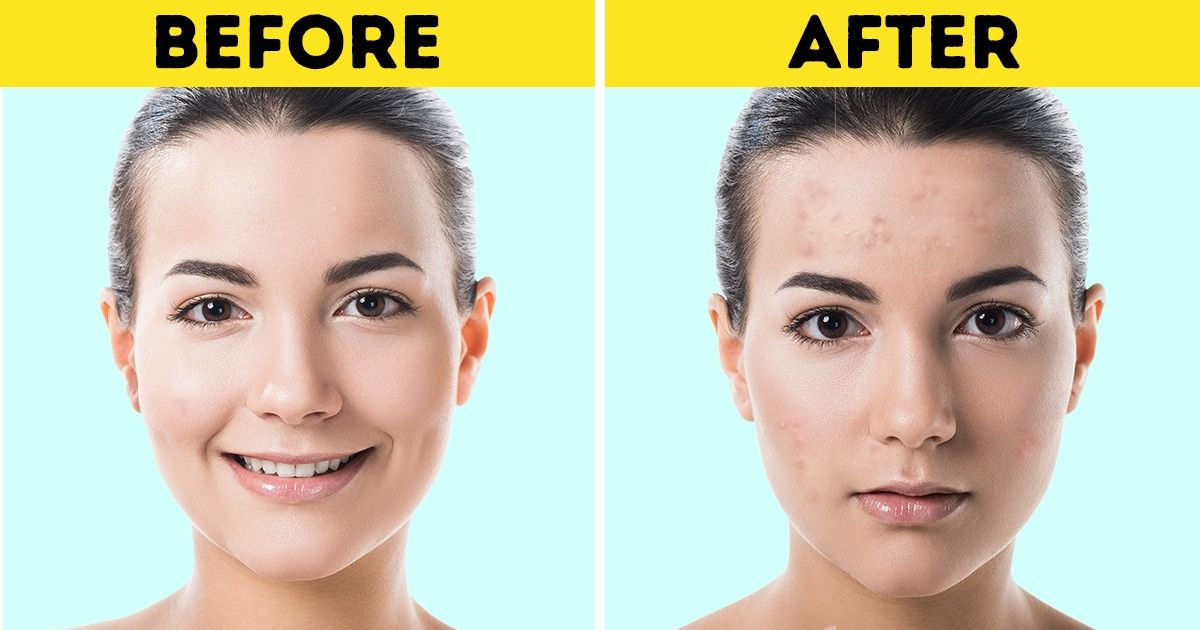I Refused to Clean Up My Boss’s Mess—I’m Not His Housekeeper


We’ve learned to trust the beauty products that carry the “approved by dermatologists” stamp. It’s true that the recommendations of these medical specialists have a specific professional value and, at the same time, doctors are humans themselves that need to take care of their skin. Do you ever wonder what they prefer to use and what is taboo to them?
Dermatologists usually use creams which are heavier and contain a higher viscosity than lotions. Creams penetrate the skin and provide a barrier that prevents moisture loss from the skin, while lotions don’t. Body lotions usually have a higher water content. Lotion is good for skin that is not excessively dry or when it’s preferable to not have a sticky, greasy feeling on the skin.
This popular product has a lot of opponents among dermatologists. The specialists claim that these kinds of masks are not only painful but they also damage the skin structure. The ingredients of this mask are very aggressive, they remove skin cells, thin hairs, and oil from the skin.
Experts agree that sunscreen spray is very user-friendly, but they prefer creams for their personal use. It’s impossible to apply the spray in a thick layer. Besides, when sprayed, this product partially loses its active elements before reaching the skin. Dermatologists also believe that sunscreen products that contain zinc oxide are gentler on the skin and more effective. These products reflect ultraviolet rays and don’t absorb them.
Tanning oils aren’t praised by dermatologists either. They provide little protection against ultraviolet rays and clog the pores, which worsens the skin’s condition.
This cream is a strong steroid product. It’s supposed to be used when a person has serious skin diseases. However, some people prefer to use it on acne without a doctor’s prescription which is pretty bad because it can cause rashes, skin thinning, dermatitis, and steroid acne, after prolonged use.
Dermatologists don’t recommend using moisturizing or nourishing foot masks. Creams can easily have the same effect. So, foot masks are pretty useless and are not very convenient.
Coconut oil is very popular, especially for home use. But it’s not the best option for face care. Coconut oil makes the skin oily, clogs pores, and, as a consequence, leads to acne and pigmentation.











